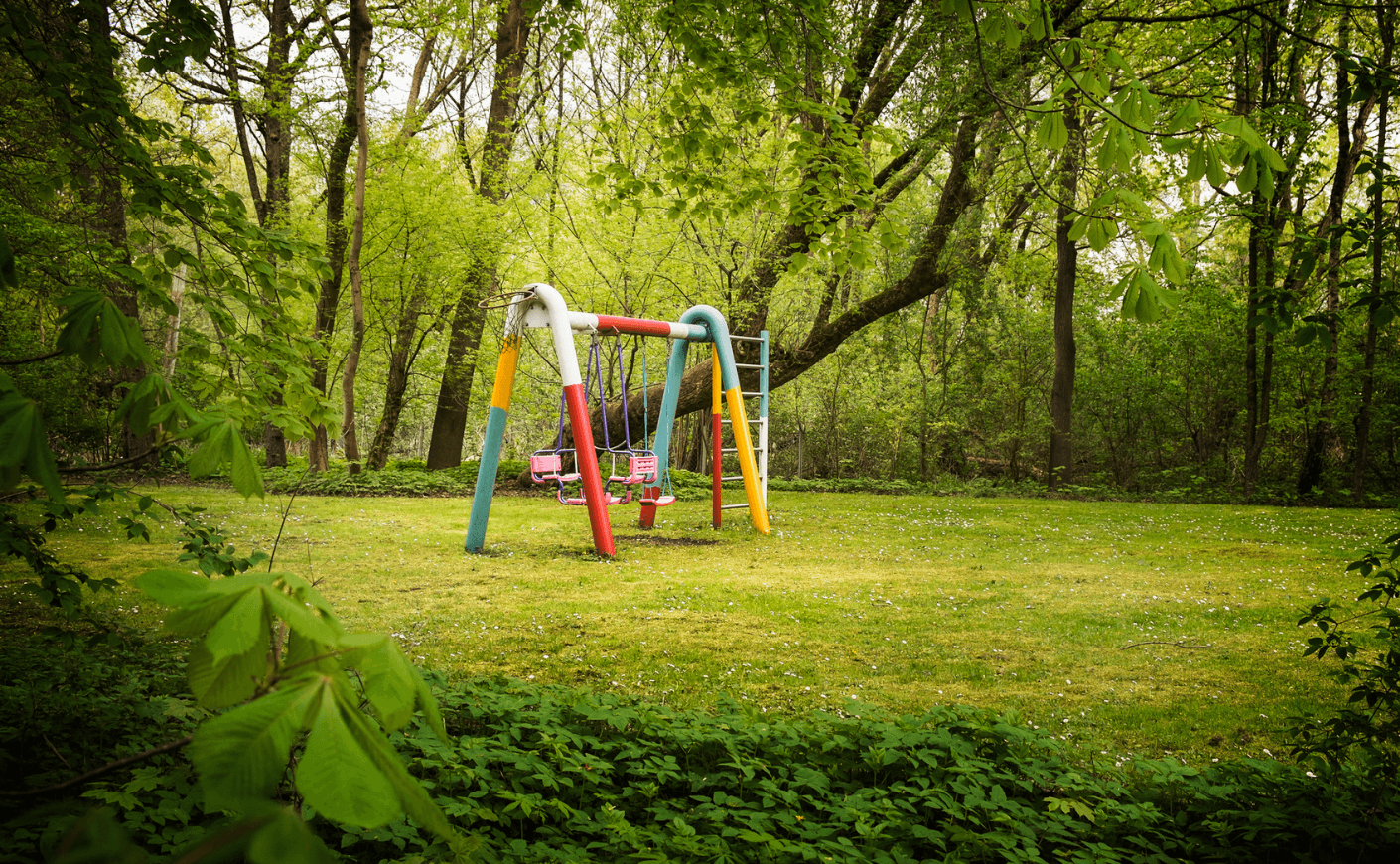More and more Americans are deciding not to have kids. What’s behind the trend, and what does it mean for a U.S. birth rate already in decline? We’re breaking it down:
By the numbers:
Adults under 60 who don’t already have kids were asked in a Pew survey how likely they were to have children someday. Twenty-six percent said they were “very likely” (down from 32% in 2018), while 21% said they were “not too likely” to have kids (compared to 16% in 2018).
Why are more Americans opting out of offspring?
When asked why, 56% said they “just don’t want” kids. Others cited medical issues (19%), financial reasons (17%), or lack of a partner (15%). Anxiety around the “state of the world” (9%) and climate change (5%) also made the list.
What does that mean for the future?
The poll points to a well-established pattern in the U.S.: The country’s birth rate in 2020 dropped for the sixth straight year — and the pandemic only accelerated this downward trend.
The rising cost of childcare has made many American women delay motherhood, or second-guess even having kids at all. Some experts are worried the overall birth rate dip may dampen the country’s future economic growth, and endanger the funding of programs like Social Security. Plus, existential threats like global instability and climate catastrophe are weighing heavy on the minds of would-be parents.
A 2020 survey by the Morning Consult found that one in four adults without children cited climate change as a factor behind their choice to stay childless. Analysts from Morgan Stanley also said this stance on parenthood is “growing and impacting fertility rates quicker than any preceding trend.”









